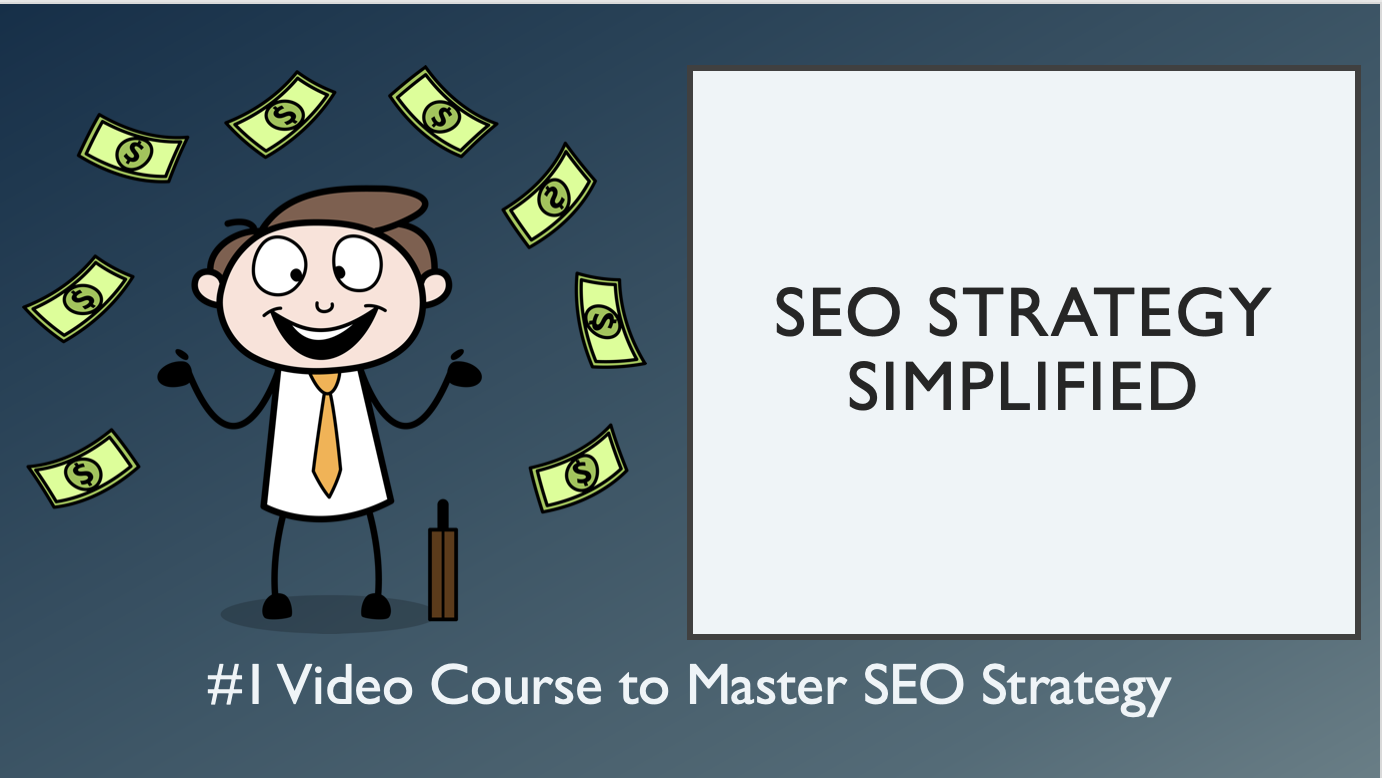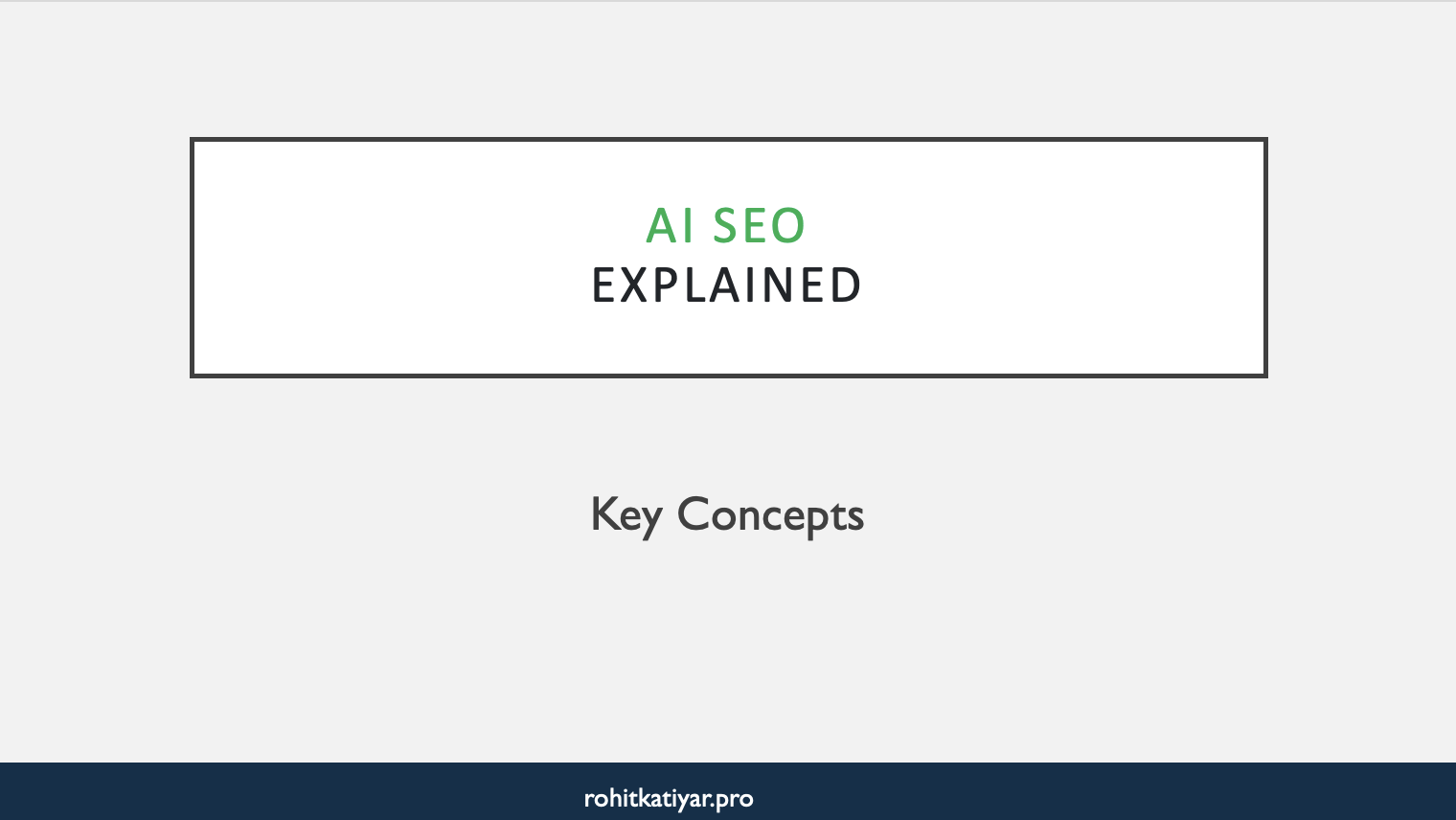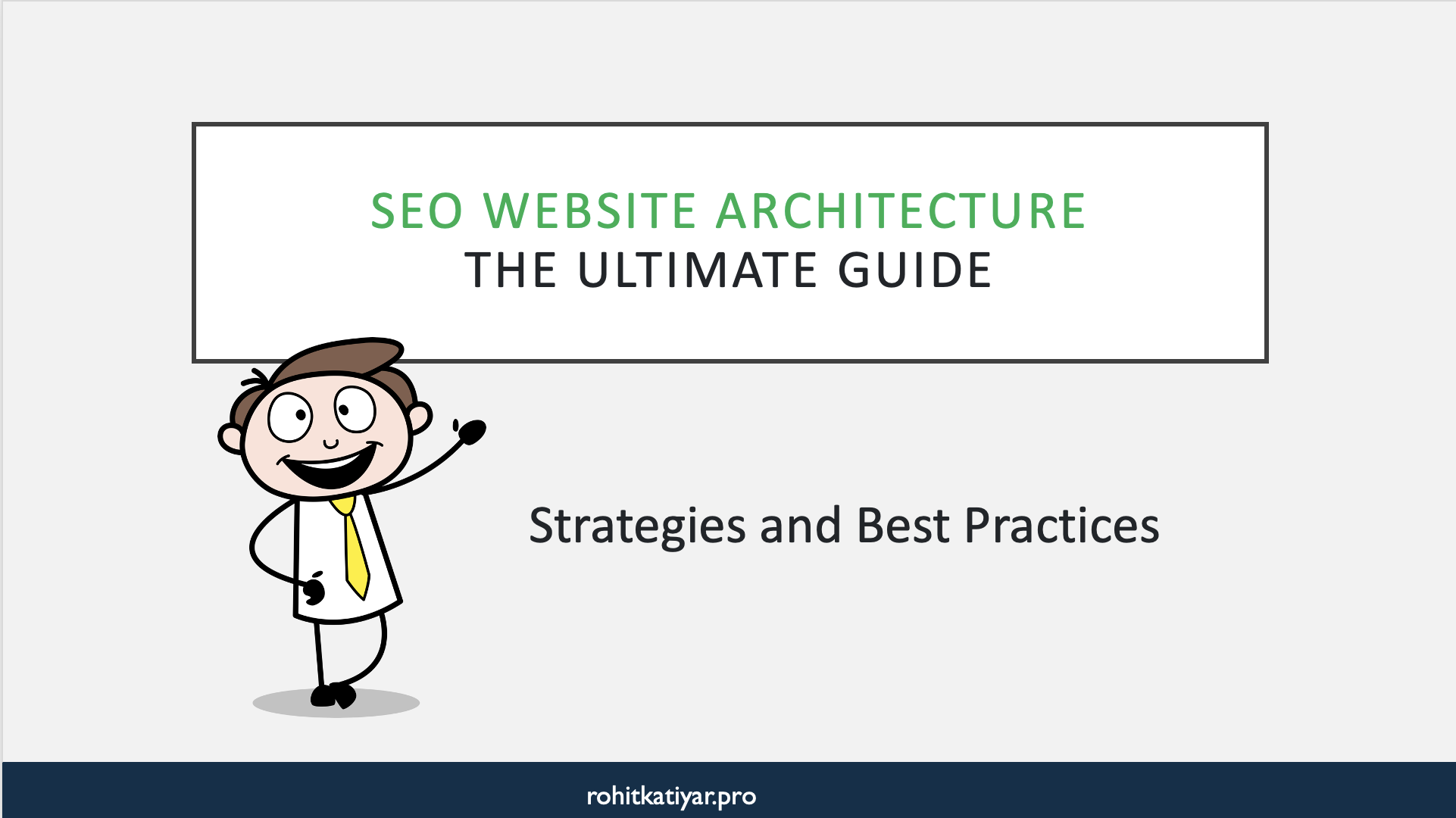Key Takeaways
- AI SEO automates and enhances every stage of search optimization
- Top benefits include time savings, better insights, and improved rankings
- Human oversight is crucial for quality and brand consistency
- AI SEO is accessible for businesses of all sizes
- Start with small experiments and scale as you see results
Join 473+ Founders & Marketing Leaders for tips, strategies, and resources to scale your business.
What is AI SEO?
Definition & Core Concepts
AI SEO refers to the use of artificial intelligence technologies to optimize websites, content, and strategies for better performance in search engine results. It harnesses machine learning, big data analysis, and automation to improve keyword research, content creation, on-page optimization, and technical SEO.
How AI Powers Modern SEO
AI-driven tools analyze huge amounts of data rapidly, identify patterns, and make predictive recommendations. This allows marketers to:
- Uncover high-potential keywords
- Optimize content for user intent
- Detect technical SEO issues
- Personalize content at scale
Pro Tip: AI SEO tools don’t just automate—they offer insights that reveal new ranking opportunities your competitors might miss.
The Shift from Traditional SEO
Traditional SEO relies on manual research and updates, while AI SEO automates repetitive tasks and provides real-time optimization. The result is greater efficiency, accuracy, and the ability to keep pace with ever-changing search algorithms.
Key Components of AI SEO
AI-Powered Keyword Research
AI tools analyze search trends, user intent, and competition to suggest the most effective keywords. They uncover hidden long-tail keywords and predict shifts in search behavior.
Content Optimization and Creation
Using natural language processing (NLP), AI can evaluate content for relevance, readability, and on-page SEO factors. It can even generate topic ideas, outlines, and draft content tailored for both humans and search engines.
Did you know? AI-generated content can be indistinguishable from human writing when properly guided and reviewed.
Technical SEO Automation
AI crawlers scan websites for broken links, duplicate content, site speed issues, and mobile usability problems. Automated alerts and fixes save valuable time and ensure your site remains search-friendly.
User Experience (UX) Insights
AI tracks how users interact with your site, identifying pain points, bounce rates, and conversion barriers. This data can inform design improvements and content adjustments.
Competitive Analysis
AI SEO platforms monitor competitor rankings, backlink profiles, and content strategies. Real-time intelligence helps you adapt and outperform rivals.
How to Implement AI SEO in Your Business
Choosing the Right AI SEO Tools
Evaluate tools based on your needs—some excel at content optimization, others at technical audits or competitor analysis. Popular AI SEO platforms include:
- Clearscope
- Surfer SEO
- SEMrush AI features
- Frase.io
- MarketMuse
Integrating AI with Your SEO Workflow
Adopt a phased approach:
- Audit your current SEO processes
- Identify tasks to automate or enhance with AI
- Train your team on new tools
- Monitor, measure, and refine based on results
Pro Tip: Start small by automating keyword research or content audits, then scale AI adoption across your SEO stack.
Avoiding Common Pitfalls
AI SEO is powerful, but not infallible. Watch out for:
- Over-reliance on AI recommendations
- Ignoring human creativity and brand voice
- Failing to validate AI-generated content
Measuring AI SEO Success
Set clear KPIs such as:
- Organic traffic growth
- Improved keyword rankings
- Higher conversion rates
- Reduced bounce rates
- Increased content production efficiency
Advanced AI SEO Strategies
Semantic Search Optimization
AI understands context and user intent better than ever. Optimize for semantic search by:
- Using natural, conversational language
- Answering related questions
- Structuring content for featured snippets
AI-Driven Link Building
AI tools identify quality backlink opportunities and automate outreach. Focus on relevance and authority, not just quantity.
Did you know? AI can predict which backlinks will have the most impact on your rankings.
Personalized Content at Scale
AI segments users and personalizes on-site content, recommendations, and calls-to-action. This boosts engagement and search performance.
Predictive SEO
Leverage AI to anticipate algorithm changes, search trends, and content gaps before they impact your visibility.
Voice Search and Visual SEO
AI helps optimize for voice queries (using conversational keywords) and image search (with alt text, structured data, and visual recognition).
Benefits and Limitations of AI SEO
Benefits
- Saves time and resources
- Improves accuracy and consistency
- Identifies untapped opportunities
- Keeps pace with search engine changes
- Enhances ROI on SEO efforts
Limitations
- Requires ongoing human oversight
- May generate generic or off-brand content
- Can misinterpret nuanced topics
- Best results come from a human + AI partnership
Pro Tip: Use AI as your co-pilot, not your autopilot, to get the most out of your SEO investment.
When to Use AI SEO
Consider adopting AI SEO if you:
- Manage large or complex websites
- Want to stay ahead of SEO trends
- Need to scale content production
- Seek data-driven decision-making

Frequently Asked Questions (FAQ)
What is AI SEO?
AI SEO is the application of artificial intelligence technologies to automate and improve search engine optimization strategies for better organic search results.
How does AI SEO differ from traditional SEO?
AI SEO uses machine learning and automation for faster, data-driven insights, while traditional SEO relies more on manual research and implementation.
Can AI write SEO-friendly content?
Yes, AI can generate optimized content, suggest keywords, and enhance readability, but human review is essential for quality and brand alignment.
Are AI SEO tools expensive?
Prices vary. Many platforms offer scalable plans that suit startups and enterprises alike, making AI SEO accessible to most businesses.
Is AI SEO suitable for small businesses?
Absolutely. AI SEO tools can level the playing field by automating complex tasks and providing valuable insights even for small teams.
You may also like the below Video Course

Conclusion: Action Steps for Founders and Marketers
- Audit your current SEO efforts for automation opportunities
- Test AI SEO tools on a small project
- Invest in ongoing team training
- Blend AI insights with your brand’s unique voice
- Measure impact and refine your approach regularly
“In the era of AI, the most successful SEO strategies blend the speed and scale of automation with the creativity and intuition of human marketers.”
Want to Scale your SEO initiatives?
Need a SEO growth partner who can build the same automation, paid acquisition, and retention systems we architect for our marketing automation and growth retainers? We help leaders scale repeatable revenue engines in SEO without adding bloated headcount.
Talk to us about plugging our expert team into your roadmap—no pressure, just a candid conversation about how we can automate, optimize, and grow faster together.


